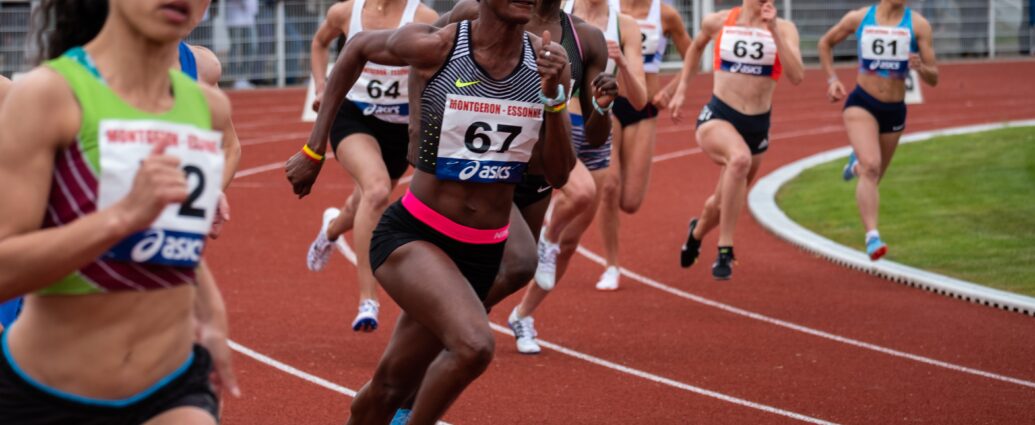Beau Roddis
According to the sports and entertainment intelligence platform, SponsorUnited, sponsorship deals across women’s sports in the U.S. have increased by 20 per cent yearly.
The organisation, which tracks more than 700,000 sponsorships and endorsements across 200,000 brands, released its 2022 Women In Sports Report earlier this month. The report analysed brand partnerships within collegiate and professional sports, across both teams and individual athletes. It found that finance brands increased their sponsorship activity by 30 per cent year-on-year, maintaining their position as the most active women’s sports sponsors. Apparel and accessories and media brands were also top endorsers of female athletes.
SponsorUnited reported that across 14 professional women’s leagues and collegiate name, image and likeness (NIL) athletes, 3,500 brands bought 5,650 sponsorships or media. Individual professional and college athletes received 2,185 sponsorships from 1,110 brands.
Our inaugural Women In Sports 2022 report analyzes brand partnerships for both collegiate and professional sports across teams and individual athletes.
The report found that there were 3,500 brands buying sponsorship or media.
Download here: https://t.co/oDxt1EBQOY#sports
— SponsorUnited (@sponsorunited) October 13, 2022
Golf ranked number one for brand deals. In 2022, the American organisation, Ladies Professional Golf Association (LPGA), landed 940 brand deals. This marked an 18 per cent rise in new brand partnerships. Big-name sponsors included Coca-Cola, Rolex and Epson.
The Women’s Tennis Association (WTA) came in second after securing 923 deals, with The National Women’s Soccer League (NWSL) placing third with 496.
American soccer player Alex Morgan is the most endorsed female athlete of 2022.
Alex Morgan was the most-endorsed female athlete over the past year (27 brand deals), beating out Serena Williams (26).
Overall, brand deals for female athletes and teams grew 20% year-over-year in 2022, per @sponsorunited
More in today's newsletter: https://t.co/Vy53aElyYO pic.twitter.com/QllCEM1TMd
— Kendall Baker (@kendallbaker) October 13, 2022
The report revealed that Nike was the number one sponsor of both professional and collegiate sports, bagging partnerships with the Women’s National Basketball Association (WNBA), the NWSL, the Women’s Big Bash League (WBBL), netball and the LPGA, as well as with more than 60 individual U.S. athletes over 2022. The sportswear giant also sponsors five collegiate athletes and endorsed deals with 68 colleges.
Adidas placed second according to the report.
Chief executive and founder of SponsorUnited, Bob Lynch, reflected: “In recent years, attendance, viewership and social engagement for women’s sports and athletes has spiked, leading to long-overdue financial backing through investments and sponsorships that are visibly paying off and should only continue to accelerate.”
Hopefully, the message translates across the pond where, on Sunday 31st July, England’s Lionesses beat eight-time champions Germany at Wembley in the dramatic Euro 2022 final in front of a record-breaking crowd of over 87,000. Guardian journalist, Jonathan Liew, described the win as “a rueful reminder and wistful vision of what sport could have been all these years had the game’s administrators and custodians valued women beyond their ability to bear children and serve tea”.
Whilst off the back of the Lioness’ success sponsors such as Doritos, Visa, and LinkedIn stepped forward, only 46 percent of UK adults can name a brand that sponsors women’s sport.
Between 2011 and 2013, women’s sports sponsorship accounted for only 0.4 per cent of total sports sponsorship and only seven per cent of sports media coverage in the U.K. Yet, women’s sport is still set to generate more than £1 billion per year by 2030.
Featured image courtesy of Nicolas Hoizey via Unsplash. Image license found here. No edits were made to this image.

